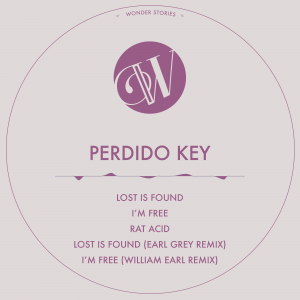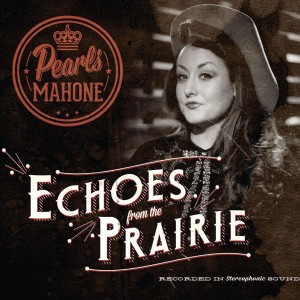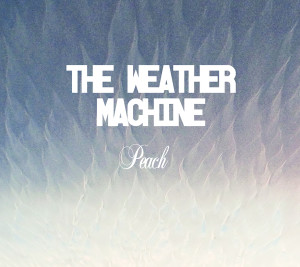
Underground club producers Perdido Key transcend house music, varying into many upbeat dimensions that lug dark tones beneath the surface. Their latest EP, Lost is Found, is a lucid dream, pulling us into a labyrinth of psychedelic compounds and synthetic bass lines. Lost is Found journeys through its five tracks like a person entering a new room every few minutes at a dingy house party.
The title track starts by immediately lulling you into an opening scene of a cinematic warehouse venue. You can almost feel the passing slimy shoulder of a trance dancer. Four-on-the-floor rhythm provides a steady, uniform beat that emphasizes its deep house origins. With dreamy, light vocals layered on top, this is a flawless contrast of harshness and lovely ambiance. It has an Odesza feel initially, but the jacking rhythm quickly cuts through the fogginess. The ending gets mistier, trailing behind us distantly, echoed. You soon realize this track, and the whole EP, is an obscure and perplexing take on electronica.
Quick, even tempo is carried over into “I’m Free,” which exhales a spellbinding river of sharp, varied, static sounds complemented by deep vocals that dip in tone. The build-up halfway through the song sucks up the griminess with a laser-beam zap, and then drops down a series of clanking sounds, like banging on dull kitchenware.
“Rat Acid” is a peak time Techno cut that hops, soars and pops. It sounds like a recording of an arcade game’s inner-workings with its all-over-the-place bounciness and Pac-Man-like bits.
Earl Grey numbs “Lost is Found” into something heavy and sublime that somehow still maintains an elegant loftiness. This may be due to the angelic whispering that at first tries to seep through unnoticed. It has a SBTRKT dankness to it. The William Earl remix of “I’m Free” belongs in an action thriller. Its drawn-out layers build suspense and keep us wanting more, epitomizing Perdido Key’s hypnotizing prowess.
Perdido Key’s eccentric take on techno is dense, frenetic and lively. This NYC duo has captured their city’s grungy energy in Lost is Found through entrancing left-field house and the familiar scents of a sweaty, pulsating basement. —Rachel Haney






